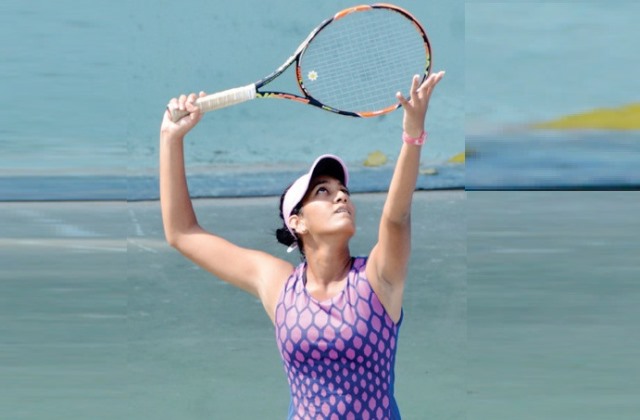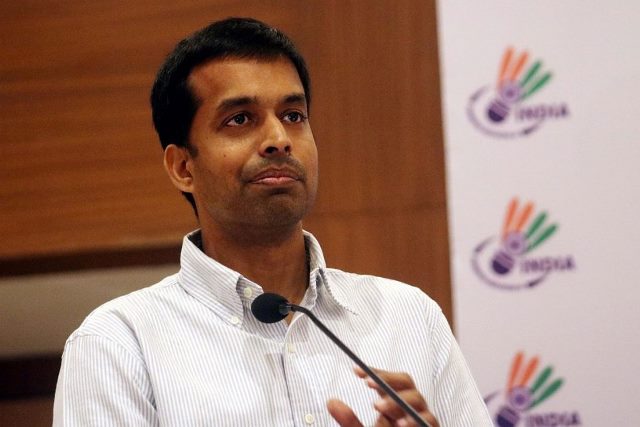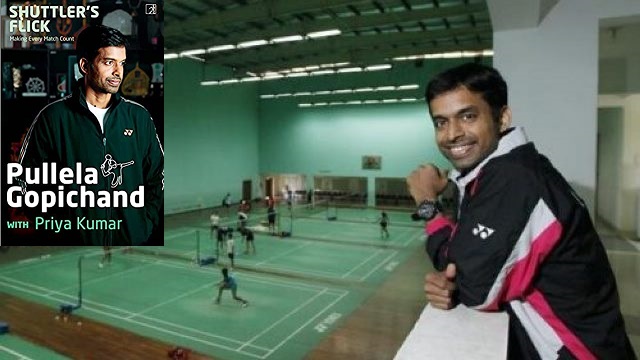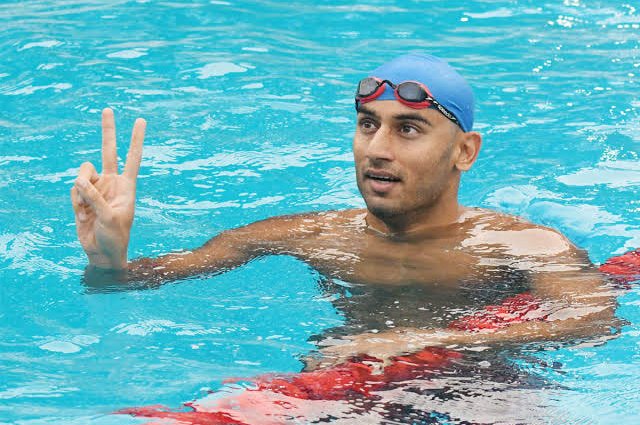At the age of six, young Sravya Shivani Chilakalapudi was introduced to the sport of tennis. But with her education becoming a priority, the Hyderabad athlete had had to wait 10 more years to turn professional. Currently pursuing her Masters in Psychology Hons. from the Jain University, Bangalore, Sravya has become a known name in Indian tennis, having recently won the ITF W15 Women’s Double Tournament along with Celine Simunyu in Nairobi.
Sravya, who is competing in the Pro Tennis League Season 4 at the Delhi Lawn Tennis Association (DLTA) in New Delhi, said that she is thankful to her parents for supporting her sporting career.
“It was very important for me to have the balance of education and sports, especially coming from an Indian family background. But I am thankful to my parents for being quite open-minded. They were able to support me, fund me, and helped in becoming a professional athlete,” the 22-year-old, who is playing for Lucknow Aviators in PTL 4 said.
Despite still being a young player, Sravya is a part of the ITF’s World Women’s Tennis Player Panel representing Asia/Oceania and has been quite vocal about the participation and rights of women’s tennis players in Asia.
“On the women’s tour, there are not enough mentors because it is such a competitive field. We are all so busy that no one really has time. Asia has really little representation on the Women’s panel as it is dominated by Europeans. I wanted to be someone who brings Asia to light, as we are equally talented and deserve equal opportunities,” Sravya said.
She further went on to explain the importance of having a younger athlete as part of the panel. “Sports is a vicious cycle, as you can make money after reaching the top, but you need to invest money to reach the top. A young athlete’s struggles are very different from those of senior ones. Hence, to make our voices heard, it is important for young players to use all the platforms where we can make our voices heard.”
Growing up, Sravya was inspired by women athletes from Hyderabad, such as Sania Nehwal, PV Sindhu, and Sania Mirza, who all have won numerous accolades for India. She believes that because of the efforts of such women heroes in sports, India has started realizing the importance of female athletes in the country.
“Especially, in the recent Olympics, the women’s athletes put up a great show. I think that the world, especially India, is realizing the importance of women in sports and are understanding that they deserve as much as men are getting,” she said.
Apart from 24 Pro Men’s players, 8 Pro Women’s players and 8 Junior Women’s players are also competing in the ongoing Pro Tennis League 4. While Sravya wishes for more participation for women, she believes leagues such as these will help in the growth of young women tennis players in India.
“I would like to see more opportunities for girls as well. We are the best of the best right now. Because with leagues such as these, the junior girls are getting to learn a lot from pro players. There are not many opportunities where junior players get to interact with us or we get to interact with them or with the men’s players as well. So, this format is unique and very helpful and I am grateful to be a part of this,” she said.
On being asked about the future of women’s sports in India in the coming years, Sravya said that the parents are now empowering their girl child to pick up professional sports.
“I feel like being a woman is not a disadvantage. It is a privilege. I see a lot of parents caring a lot about their girl child and empowering them and it’s a very positive direction we are heading in,” she said.
“I would like to see a similar trend continue in the coming years. I would like to see a lot more unity among the women players because I feel, together, we will achieve our goals a lot faster than if we are pitted against each other. I really like that Pro Tennis League is giving players a chance to know each other and develop team spirit, which is not something we experience a lot on tours,” Sravya signed off. (ANI)
Read More: https://lokmarg.com/




